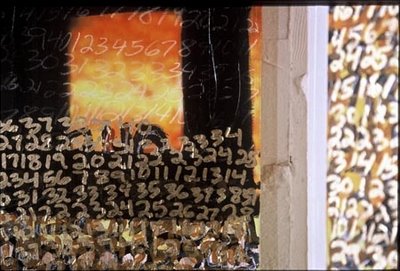Those lost in the desert find their way to help. Those lost in depression find their way to wholeness. Those on the edge of death find their way to health. Those threatened by the storms of life find their way to a quiet haven.
Each are encouraged by the psalmist to give thanks - but not just for themselves. They are to recognize and give thanks for the love and loving care of God extended to all.
The Hebrew translated here as humankind is ben 'adam: children of Adam or children of man. The wonders of God are generously given to all. God loves each of us and all of us. God is ready to help everyone find their way.










